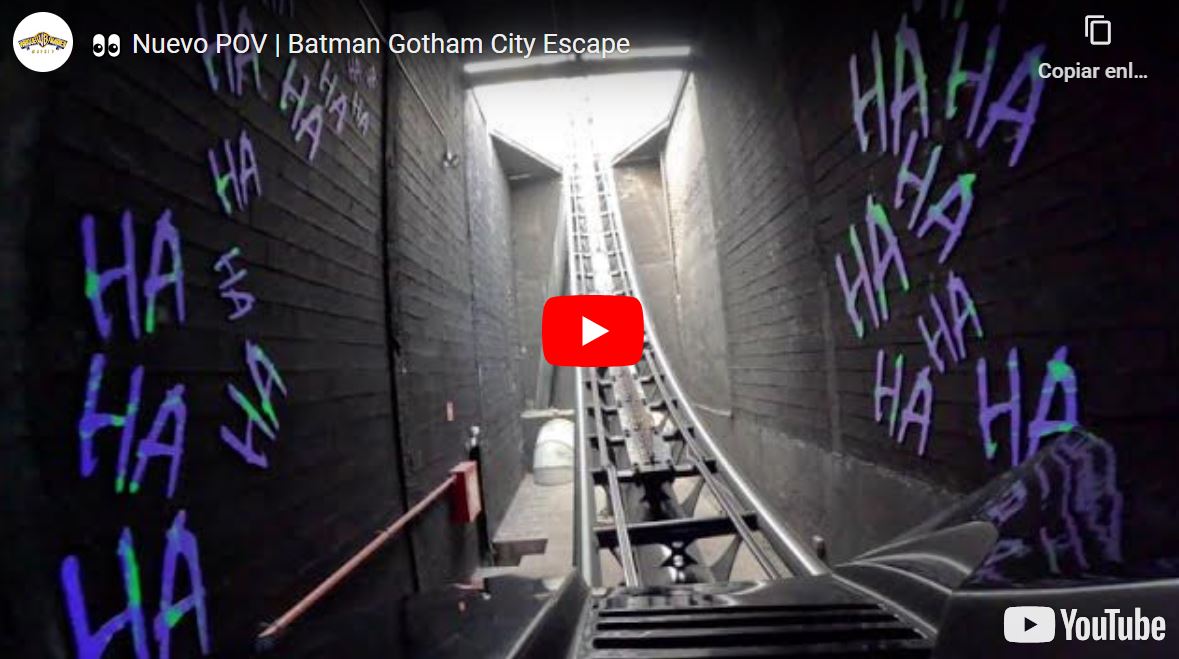
Julián Santiago: “All the research work that is performed in zoos needs to be divulged”
Find out how to enable YouTube subtitles here
Julián Santiago, a research professor at the Instituto Nacional de Investigación y Tecnología Agraria y Alimentaria (INIA), highlights :
“Unfortunately, the ex situ topic is key in the conversation about species that could disappear. For that reason, it is important to take park in the zoological park network where qualified staff and infrastructures are always available. Through this network many activities take place, and event for extreme cases of extinction, it represents the basis for the creation of new populations, a sources of technical support for artificial reproduction, take part in controlled liberations, working in collaboration with the Autonomous Communities and with the public administration”.
ZOOS AS CENTER FOR RESEARCH AND DEVELOPMENT
This is the lesser-known side of zoos: their contribution to the fields of research, development and innovation through different national and european projects, as well as in collaboration with private research foundations geared towards preserving biodiversity at all levels, from animal reproduction to ethology and health.
“The role of zoos includes working actively alonside other institutions to try to establish germplasm banks or to develop recovery and reintroduction projects for species that have or could disappear from their habitat.”
In this regard, Santiago warns about the importance of putting local fauna in the spotlight and reminds us of the rich fauna that can be found in the Iberian penninsula, where there are, nevertheless, several threatened species.
Among the main biodiversity challenges, Julián Santiago points out the need to build greater awareness in the general public to achieve real social engagement. This is key to face the real challenges at a time when man’s actions are influencing climate change and provoking habitat fragmentation, thus causing population decline among many species.
“The education and dissamination efforts are essential”, Santiago point out. “Zoological parks have to make an enormous effort to make iformation available to all citizens and allow them to make their own judgement after received it. The zoo must get out of its enclosure, reach schools and universities, and gain access to other communities to tell its story and show the research they conduct, as well as its contribution to animal conservation”.
EXPERTS’ FOCUS GROUP ON BIODIVERSITY
To fulfill that task and un aligment with the Parques Reunidos Spirit, the Parques Reunidos Foundation wagers on informing, educating, and creating awareness so that society might take on the need to protect the environment as its own responsiblity. With this objective in mind, the Foundation has developed initiaves like the “D Days” program, through which all parks organize activities related to sustainability and the protection of the environment.
Julián Santiago is a member of the Experts’ Focus Group put forth by the Parques Reunidos Foundation, where also participated:
- Enrique Alonso, Permanent Member of Spanish State Council; UNESCO Chair on Spatial Design and the Environment; Honorary Researcher at the Franklin-UAH Institute and the Monterey International Institute of California;
- Alberto Díez, InfoZoos spokesperson;
- Pablo Fernández de Larrinoa, Director of the Fundación CBD-Hábitat Mediterranean Monk Seal Conservation Program;
- Jesús Fernández, President of the Fundación Parques Reunidos;
- Luis Mariano González, head of Conservation Action at the General Sub-directorate on Biodiversity and Natural Environment, Ministry for Ecological Transition;
- Pedro Lorenzo, Dean of the Veterinary Science School, Universidad Complutense de Madrid;
- Xavier Manteca, Professor, Animal and Food Science Department, School of Veterinary Science of the Universidad Autónoma de Barcelona, and the group’s moderator;
- Odile Rodríguez de la Fuente, General Director and President of the Fundación Félix Rodríguez de la Fuente;
- Julián Santiago, Research Professor at the Instituto Nacional de Investigación y Tecnología Agraria y Alimentaria (INIA);
- Andrea Torres, biologist for InfoZoos;
- Felipe Vilas, President of the Madrid Official College of Veterinarians.
Summanry video of the first Experts’ Focus Group meeting
Recent entries
-
“Batman Gotham City Escape”: This Year’s Next Big Thing and the Star of the Summer in Madrid

-
Delivering memorable experiences to future generations: Sustainability at Parques Reunidos

-
Our German parks’ initiative to support Special Olympic World Games 2023

-
New roller coaster ‘Storm’ becomes TusenFryd Park’s latest addition


